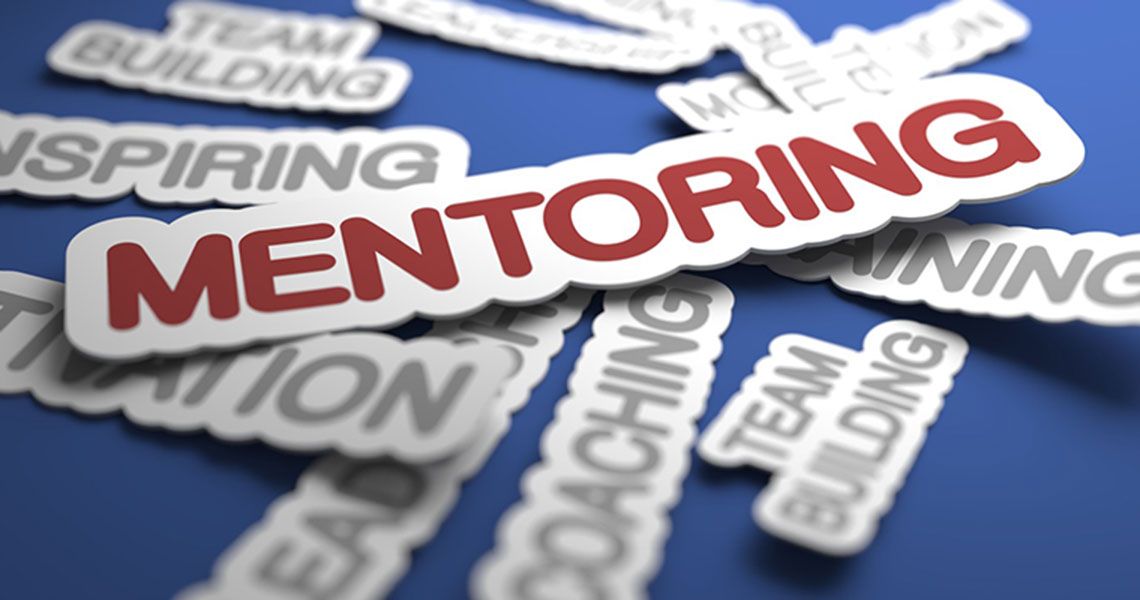W. Brad Johnson, Ph.D., wrote in his book, “On Being a Mentor: A Guide for Higher Education Faculty,” that “mentors are advisors, people with career experience willing to share their knowledge; supports, people who give emotional and moral encouragement; tutors, people who give specific feedback on one’s performance; master, in the sense of employers to whom one is apprenticed; sponsors, sources of information about, and aids in obtaining opportunities.” The third annual Mentor Development Conference hosted by the Clinical and Translational Science Institute at Children’s National (CTSI-CN) in partnership with The George Washington (GW) University, Nov. 21 examined how academic leaders can instill a culture and improve mentorship within their schools, departments, and programs. Dianne Martin, Ph.D., vice provost for faculty affairs at GW, opened the conference by welcoming staff and faculty. “The goal of today’s workshop is to share experiences and tools to make the mentoring of new faculty ubiquitous across GW schools and departments,” Martin said.
Senior university leaders, including Joseph Bocchino, Ed.D., M.B.A., senior associate dean for health sciences at the GW School of Medicine and Health Sciences (SMHS); David Dolling, Ph.D., dean of the GW School of Engineering and Applied Sciences; Lynn Goldman, M.D., M.P.H., dean of the Milken Institute School of Public Health at GW; Steven Lerman, Ph.D., provost and executive vice president for faulty affairs at GW; and Forrest Maltzman, Ph.D., senior vice provost for academic affairs and planning at GW; came together with more than 45 GW associate deans, department chairs, and program directors from nearly every school at GW, to discuss mentoring best practices, the relationship between mentors and mentees, and various models of mentorship that can be implemented by leaders to best address the unique needs of their school, department or programs.
“Mentoring is a long-term process through which a senior person supports the personal and professional development of a more junior colleague,” said keynote speaker Johnson, professor of psychology in the department of leadership, ethics, and law at the U.S. Naval Academy. “Excellent mentors are empathic, patient, accessible, trustworthy, ethical and provide career-related and psychosocial support,” explained Johnson during his talk, titled “Excellent Faculty Mentoring: Program Strategies for Academic Leader.”
Career-related support like counseling, coaching, and sponsorship and psychosocial support like friendship, acceptance, and confirmation are important components of the mentor- mentee relationship, explained Johnson, adding that faculty who are mentored achieve greater personal and professional successes. “They have a stronger commitment to an academic career; greater commitment to the institution; more effective teaching and service; and a stronger record of publications and grants.”
There are a number of obstacles to creating a mentoring culture. Johnson described these as promotion criteria, time demands, lack of rewards, silo mentality, and reductions in full-time faculty.
During the discussion Johnson also explained how to create and implement a mentoring program in the higher education setting. First there must be planning and provided infrastructure; matching mentors and mentees; training; and monitoring and program evaluation. He also warned that poorly conceived programs can do more harm than good.
“At its core, mentoring involves an interpersonal relationship,” said Johnson, adding “a mentoring structure must align with your values, mission, and objectives.”
Johnson will return to GW in early 2015 to address department and division academic leadership specifically within SMHS.
Visit CTSI-CN to learn more about the program and future events.



